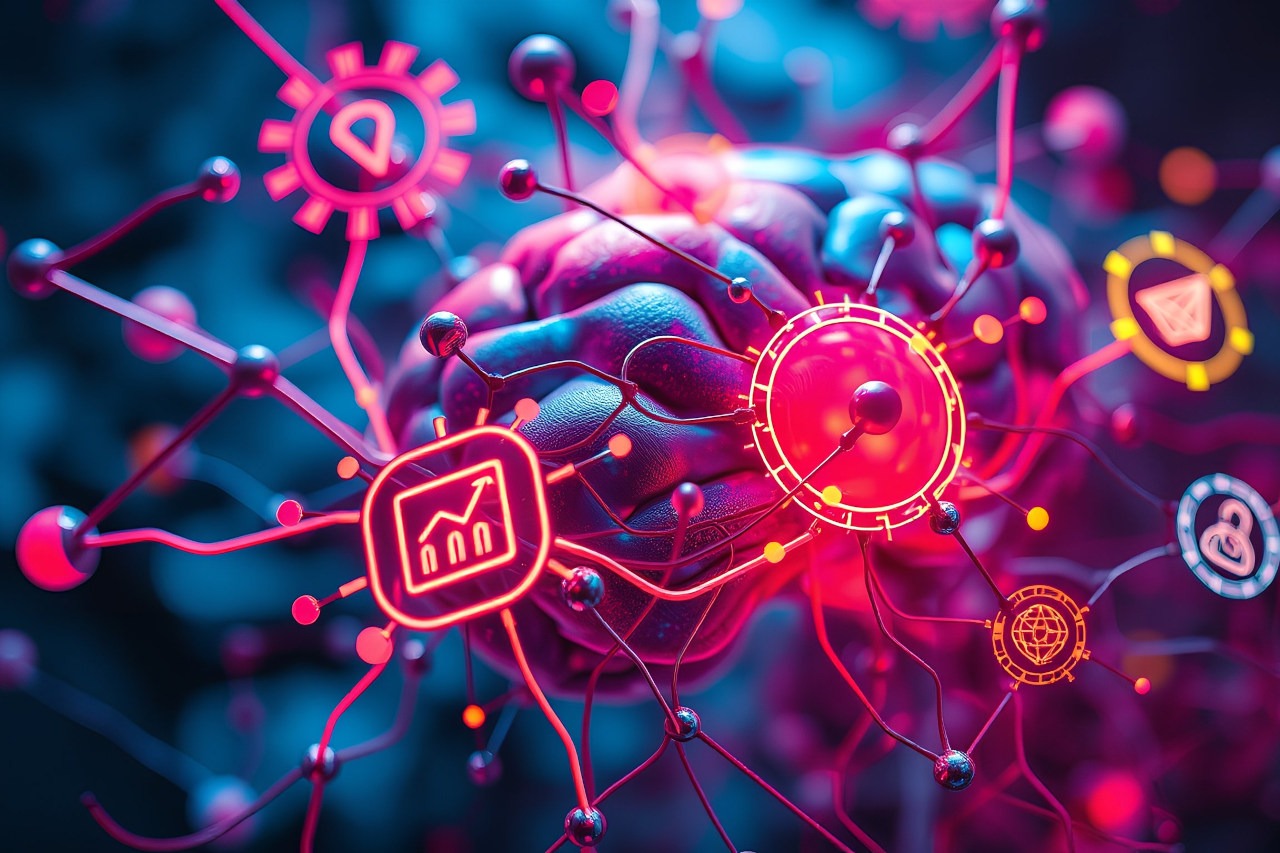What made Einstein’s brain different from other people’s? And why was the world’s most ingenious thinking organ stored in a mayonnaise jar?
Technology
In traffic, at a soccer game, or on the Internet – we encounter advertising messages everywhere. Can they seduce us without us noticing, and can our brains be influenced by neuromarketing?
From medical milestones to intelligent voice assistants and autonomous driving: AI is revolutionizing our lives. But the increasing complexity and the associated data and energy requirements raise an important question: How environmentally friendly can AI really be?
Blockchain technology is often associated with cryptocurrencies such as Bitcoin and Ethereum, which are known for their high energy consumption. However, it also holds the potential to become a cornerstone of sustainable energy.
Artificial intelligence and blockchain are changing the way we live. However, their great potential also comes with great challenges – particularly in terms of sustainability.
Technologies such as blockchain and artificial intelligence (AI) have opened up countless new possibilities for us. However, they also raise the question of how we can continue their development in a sustainable manner.
“I know it happened because I was there” – how many times have you found yourself saying or thinking that? However, you may have been lying without knowing it, because human memory is not as reliable as we think. We often only think we remember things because our memories can be manipulated without much effort.
The way we interact with technology has hardly changed in the last forty years. How much longer do we have to wait until we can finally control technology with our thoughts?
The energy sector is undergoing a transformation. Decentralized power generation, renewable energies and the increasing integration of artificial intelligence (AI) require new solutions for greater transparency, security and efficiency. This is where blockchain technology comes into play. But what is behind the hype and what are the challenges?
Blockchain and other technologies are driving technological progress, but can generate immense energy costs. Innovative approaches such as energy-efficient devices and structures could significantly reduce the ecological footprint of these technologies.














